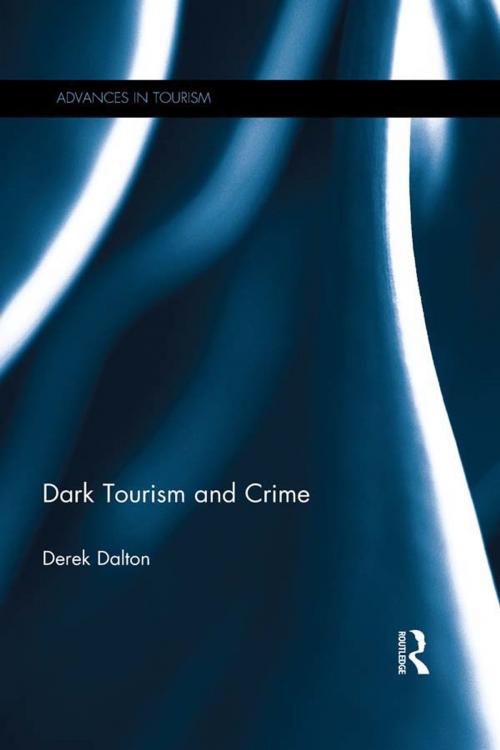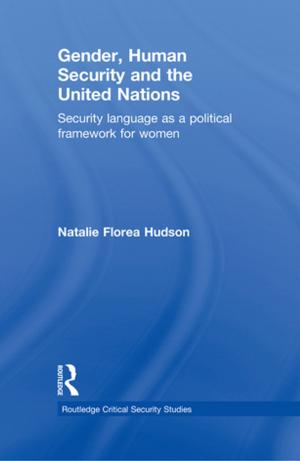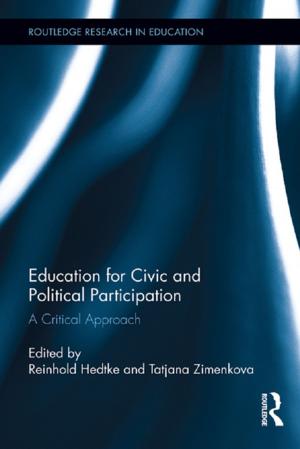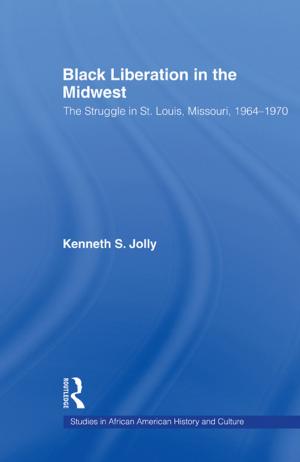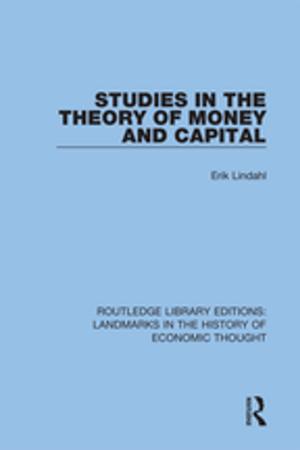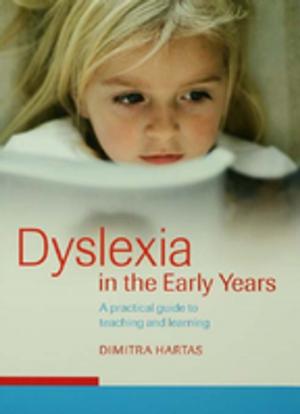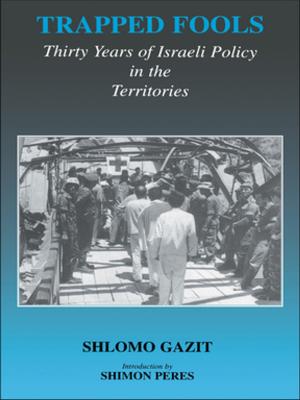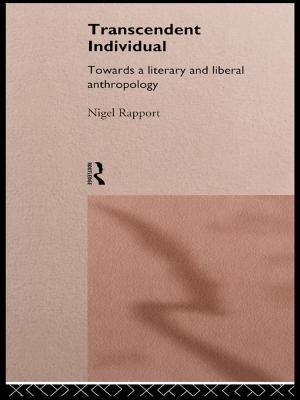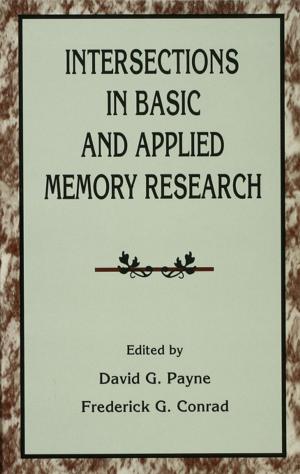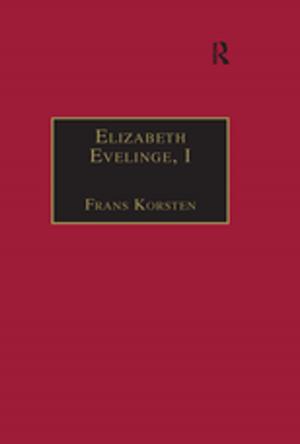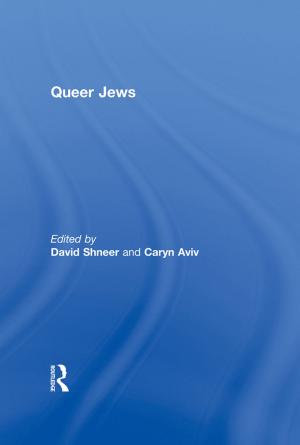Dark Tourism and Crime
Business & Finance, Industries & Professions, Hospitality, Tourism & Travel, Nonfiction, Social & Cultural Studies, Social Science, Crimes & Criminals, Criminology, Travel| Author: | Derek Dalton | ISBN: | 9781136165528 |
| Publisher: | Taylor and Francis | Publication: | November 20, 2014 |
| Imprint: | Routledge | Language: | English |
| Author: | Derek Dalton |
| ISBN: | 9781136165528 |
| Publisher: | Taylor and Francis |
| Publication: | November 20, 2014 |
| Imprint: | Routledge |
| Language: | English |
Dark tourism has become widespread and diverse. It has passed into popular culture vernacular, deployed in guide books as a short hand descriptor for sites that are associated with death, suffering and trauma. However, whilst books have been devoted to dark tourism as a general topic no single text has sought to explore dark tourism in spaces where crime - mass murder, genocide, State sanctioned torture and violence - has occurred as an organising theme.
Dark Tourism and Crime explores the socio-cultural contours of this unique type of tourism and explains why spaces/places where crime has occurred fascinate and attract tourists. The book is marked by an ethics of respect for the suffering a place has experienced and an imperative to learn something tangible about the history and legacy of that suffering. Based on empirical ethnographic research it takes the reader from the remnants of Auschwitz concentration camp to the tranquil Australian island of Tasmania to explore precisely what things a dark tourist might encounter - architecture, art installations, gardens, memorials, physical traces of crime - and how these things invoke and evoke past crimes.
This volume furthers understanding of dark tourism and will be of interest to students, researchers and academics of criminology, tourism and cultural studies.
Dark tourism has become widespread and diverse. It has passed into popular culture vernacular, deployed in guide books as a short hand descriptor for sites that are associated with death, suffering and trauma. However, whilst books have been devoted to dark tourism as a general topic no single text has sought to explore dark tourism in spaces where crime - mass murder, genocide, State sanctioned torture and violence - has occurred as an organising theme.
Dark Tourism and Crime explores the socio-cultural contours of this unique type of tourism and explains why spaces/places where crime has occurred fascinate and attract tourists. The book is marked by an ethics of respect for the suffering a place has experienced and an imperative to learn something tangible about the history and legacy of that suffering. Based on empirical ethnographic research it takes the reader from the remnants of Auschwitz concentration camp to the tranquil Australian island of Tasmania to explore precisely what things a dark tourist might encounter - architecture, art installations, gardens, memorials, physical traces of crime - and how these things invoke and evoke past crimes.
This volume furthers understanding of dark tourism and will be of interest to students, researchers and academics of criminology, tourism and cultural studies.
